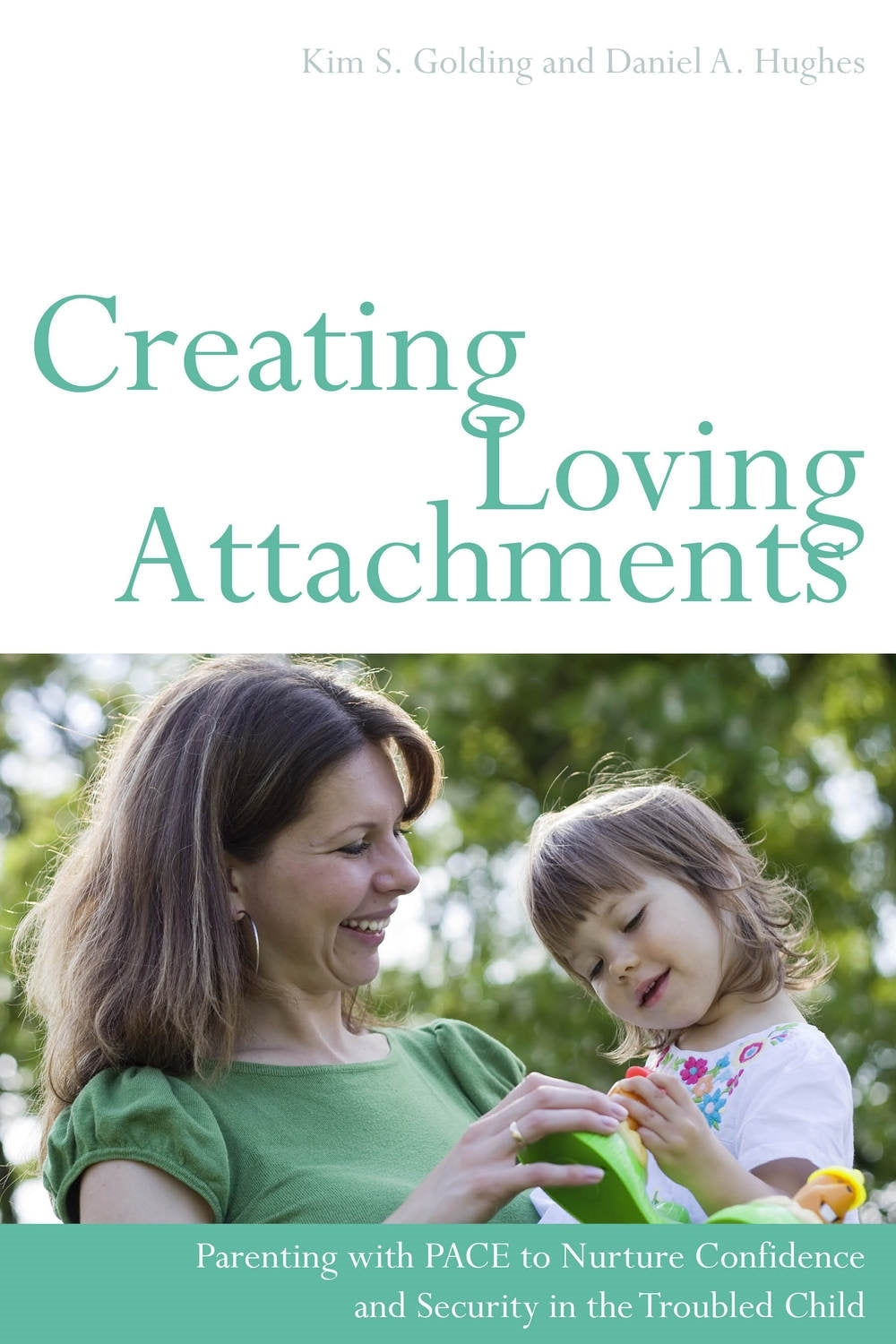

Press Reviews
Youth in Mind
The conversational tone between the authors, Kim and Dan, softens the book and makes it very readable... whether you're a parent trying to use this approach, or a therapist looking to increase their clinical skills, reading this book will lead to a better understanding of PACE.
Adoption Today
Creating Loving Attachments is a great guide for parents struggling to address attachment with their children and for families who may be raising foster or adopted children. Almost like looking in a mirror, readers may be able to find elements in their parenting that are on track and others that might need to be tweaked to encourage healthy attachment. This book may work well for families already in therapy with their children so they can get a great understanding of the relationship and attachment building that needs to take place. Easy-to-read, Creating Loving Attachments is a great book for families looking to enhance relationships with their children.
CAFCASS
This is a book that permeates with love and compassion for traumatised children. Many Cafcass staff will be familiar with Dan Hughes' work, and Golding has developed this following her experience of his training and integrated it into her own career, which includes developing services for looked after children in Worcestershire.
Adoption Today
Creative Loving Attachments" is a great guide for parents struggling to address attachment with their children and for families who may be raising foster or adopted children. Almost like looking in a mirror, readers may be able to find elements in their parenting that are on track and others that might need to be tweaked to encourage healthy attachment. This book may work well for families already in therapy with their children so they can get a great understanding of the relationship and attachment building that needs to take place. Easy-to-read, "Creating Loving Attachments" is a great book for families looking to enhance relationships with their children.
Sue Gerhardt, psychoanalytic psychotherapist and author of Why Love Matters: How Affection Shapes a Baby's Brain
Written in a deceptively simple and readable way, this book conveys some of the deep truths of close human relationships: above all, the importance of accepting and validating emotions as they are. The examples of parent-child dialogue bring the theory alive and will help many parents to practice parenting in a more effective and mindful way.
Deborah D. Gray, MSW, MPA, Founder, Nurturing Attachments, and author of Attaching in Adoption and Nurturing Adoptions
Kim Golding and Daniel Hughes have written a jewel of a book. One stellar quality of the writing is the way in which the authors give voice to parents throughout, and also highlight the significance not only of conversations but also attitudes, wording and body postures. In doing so, they carefully show progression into more sensitive, attuned parenting. The authors are compassionate as they address parent's shame and their fears for their children, and they build models that help parents and children achieve resonance, hope, and sharing of their inner worlds. The insight gained by parents and professionals will be invaluable as they read the book. I felt a renewal in my own professional and personal life as I read. Thank you, Dr. Golding and Dr. Hughes for this excellent offering.

